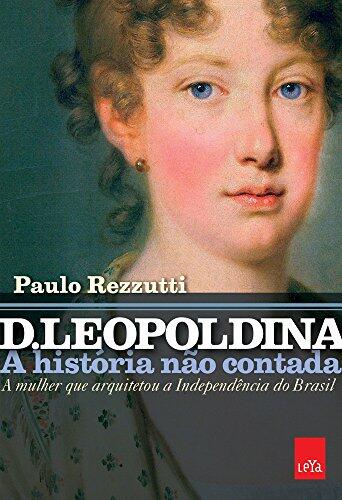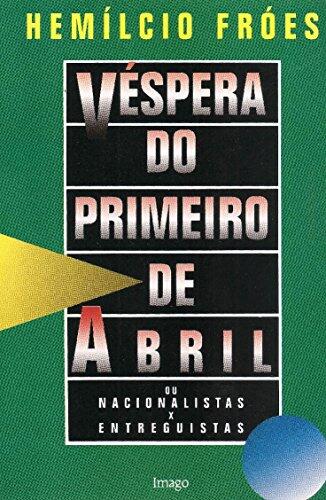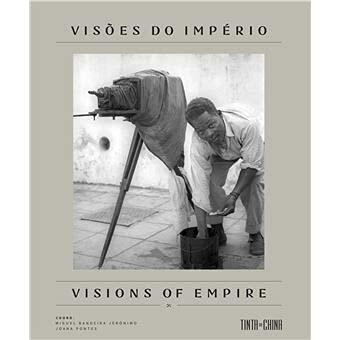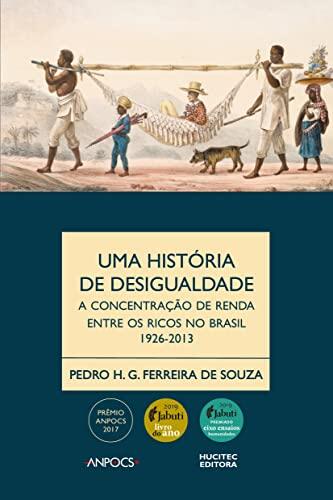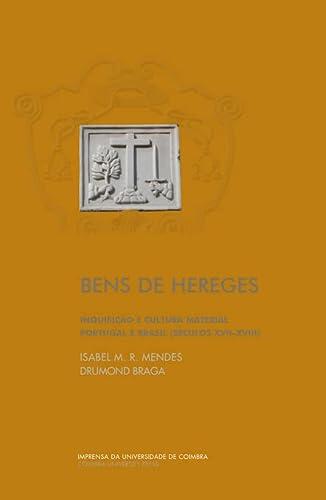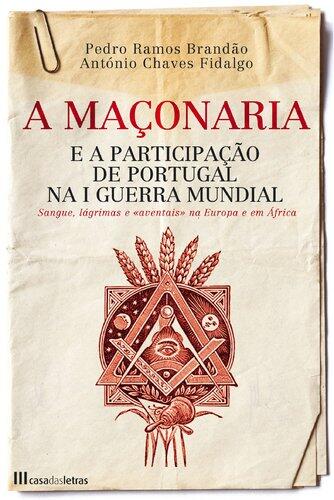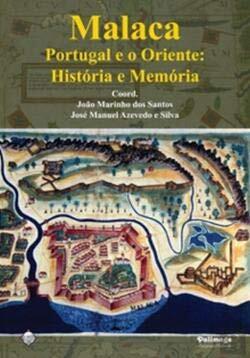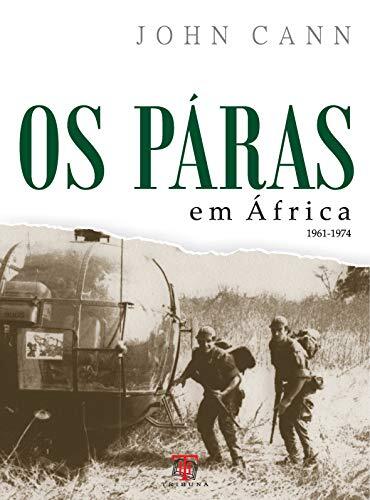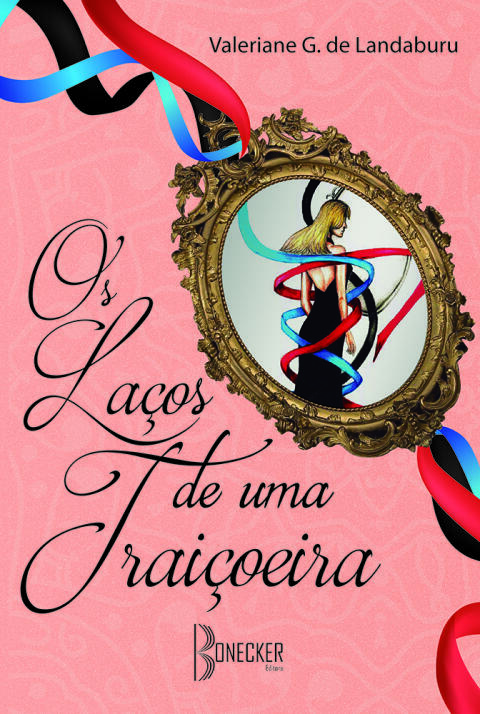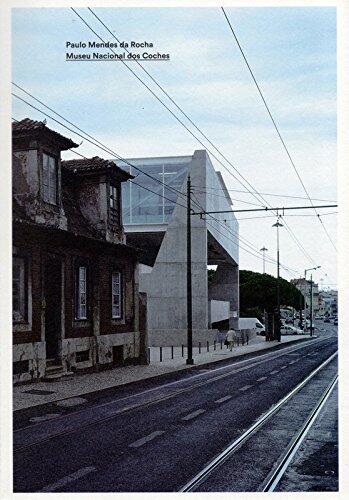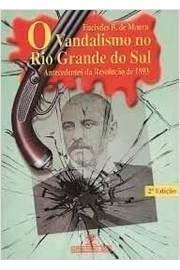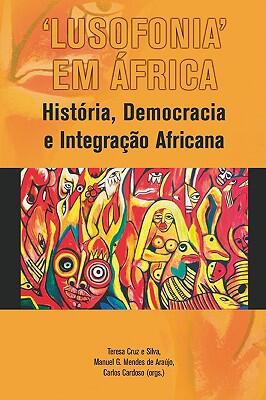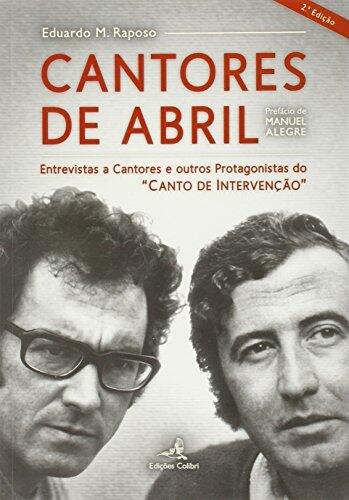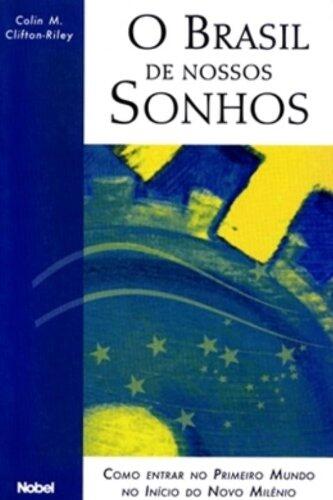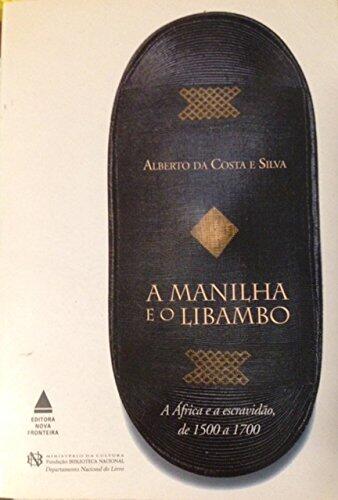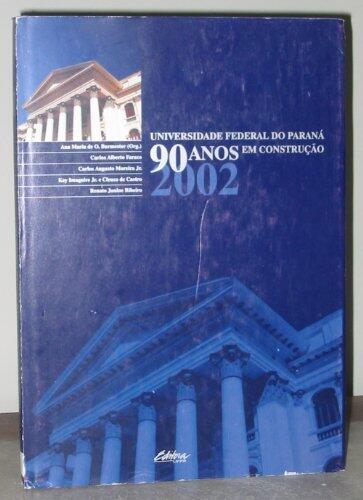
Vida E Morte Do Partido Fardado
작성자
Oliveiros S Ferreira
아직 평점이 없습니다
History
형식
페이퍼백
페이지
128
언어
포르투갈어
출판됨
Jan 1, 2000
출판사
Editora Senac São Paulo
ISBN-10
8573591420
ISBN-13
9788573591422
설명
In "Vida E Morte Do Partido Fardado," Oliveiros S. Ferreira delves deep into the complexities surrounding a significant political party, exploring its rise and eventual decline with a critical lens. The narrative offers an in-depth examination of the party's ideological foundations and the historical context that shaped its trajectory, revealing intricate connections between political power and social dynamics.
The author meticulously analyzes various elements that contributed to the party’s popularity, as well as its moral and ethical dilemmas. By highlighting key events and figures within the party's history, Ferreira paints a vivid picture of the political landscape, showcasing how ambition and ideology can shape the destiny of a collective movement.
Rich in bibliographic references, the work serves not only as a historical account but also as a thoughtful commentary on the broader implications of party politics. Readers are encouraged to reflect on the lessons learned, making it a relevant text for those interested in political science and history. Ultimately, Ferreira invites engagement with an ongoing discourse about the role of political organizations in shaping societal norms and values.
The author meticulously analyzes various elements that contributed to the party’s popularity, as well as its moral and ethical dilemmas. By highlighting key events and figures within the party's history, Ferreira paints a vivid picture of the political landscape, showcasing how ambition and ideology can shape the destiny of a collective movement.
Rich in bibliographic references, the work serves not only as a historical account but also as a thoughtful commentary on the broader implications of party politics. Readers are encouraged to reflect on the lessons learned, making it a relevant text for those interested in political science and history. Ultimately, Ferreira invites engagement with an ongoing discourse about the role of political organizations in shaping societal norms and values.
